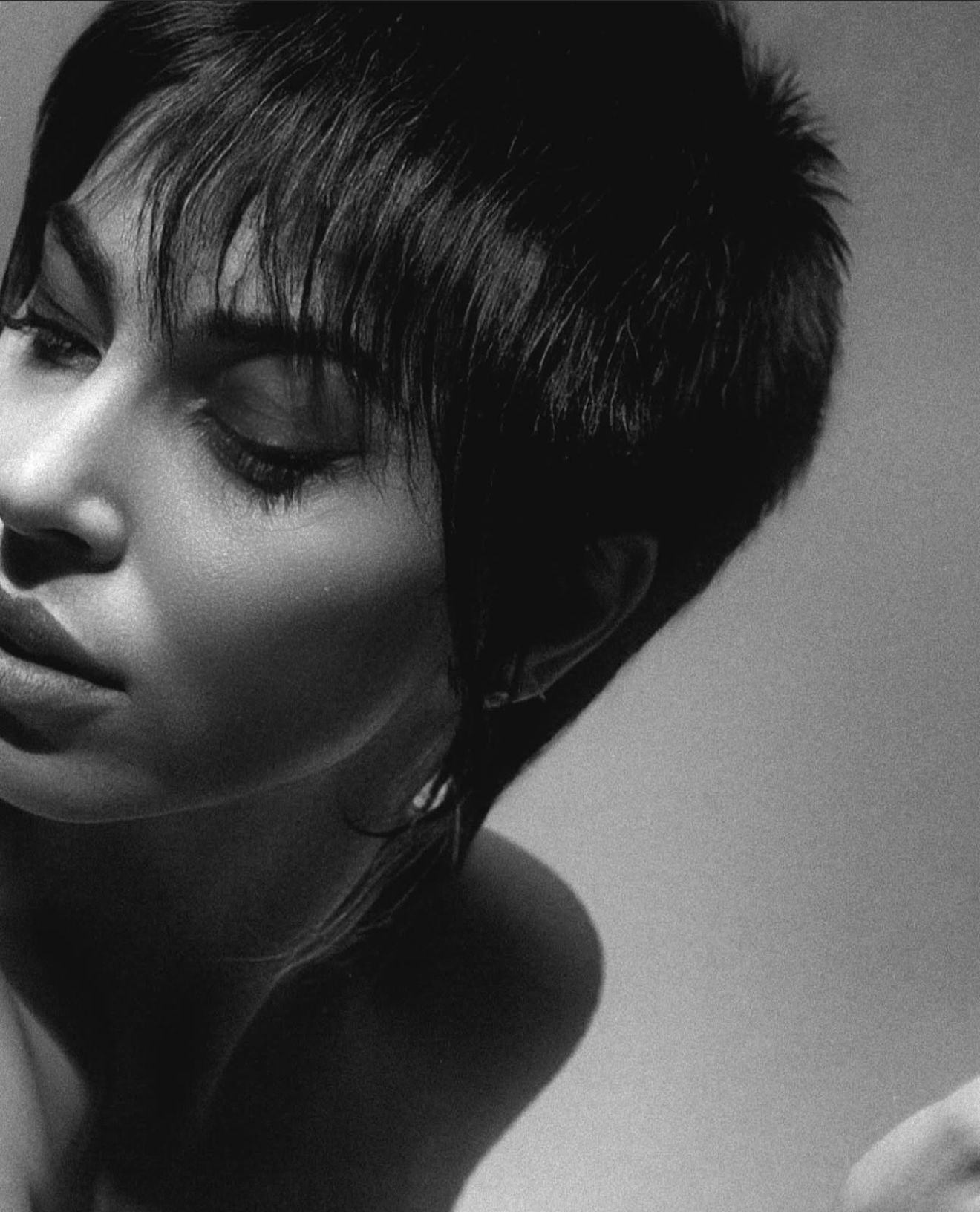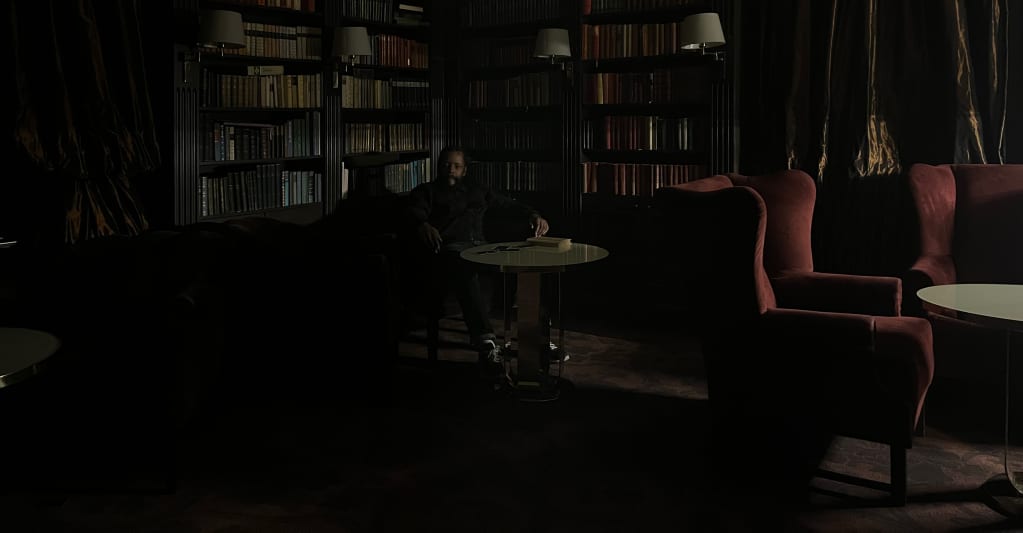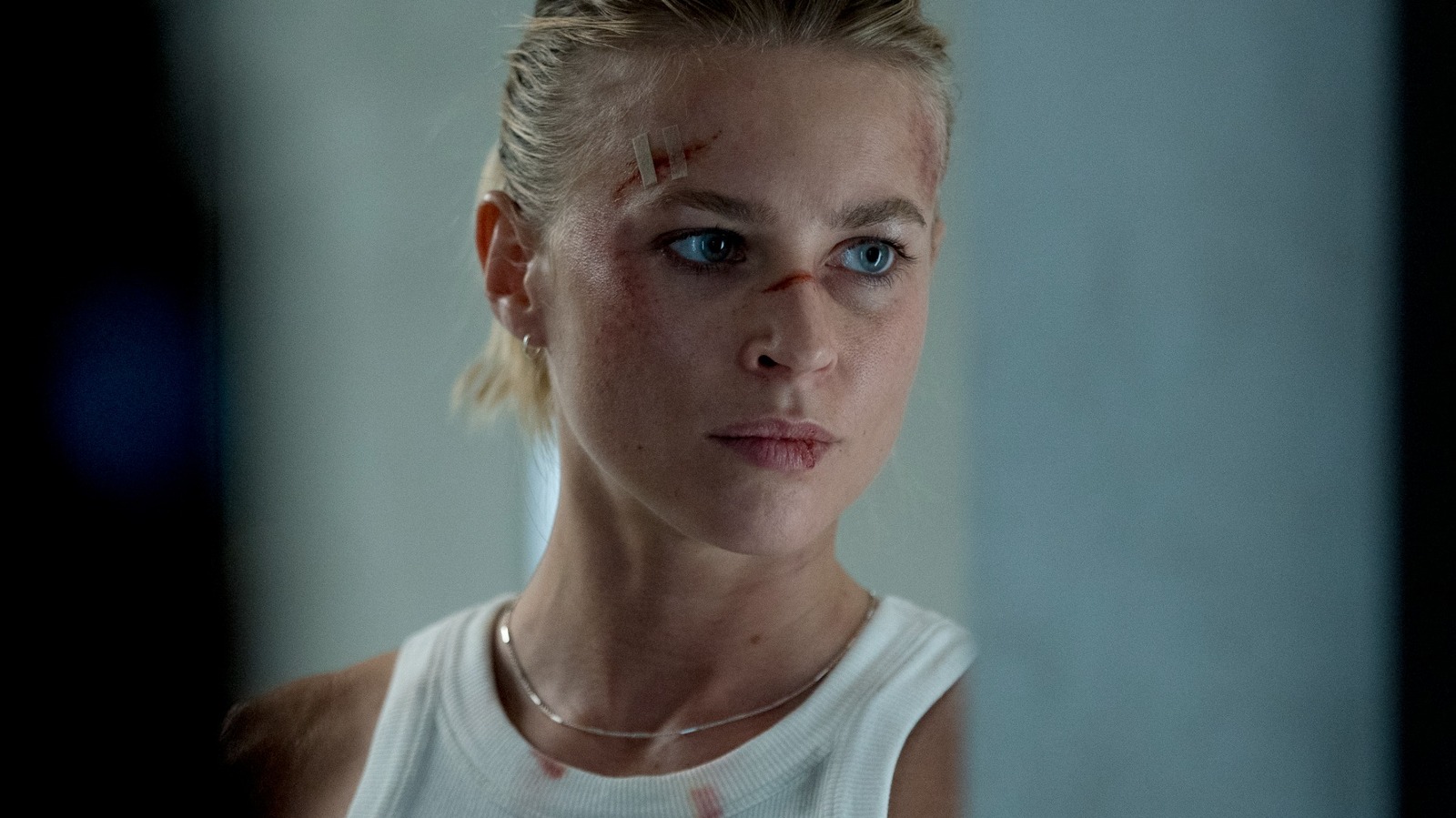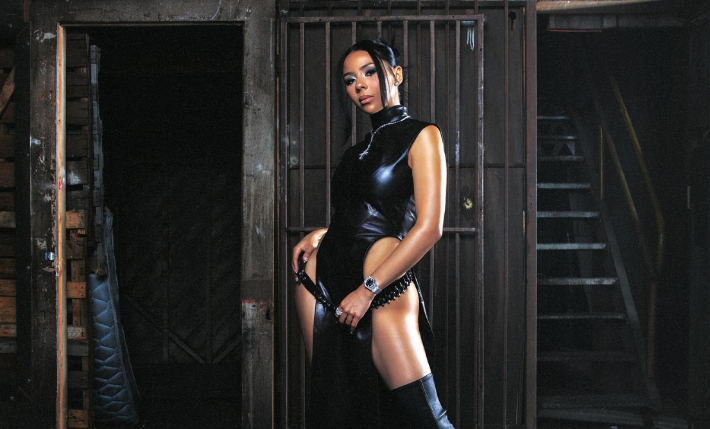‘Juliet & Romeo’ Review: Tryhard Attempt to Make Shakespeare ‘Cool’ Achieves the Opposite
The umpteenth adaptation of the bard's most famous play exchanges the original, classic dialogue for forgettable pop songs The post ‘Juliet & Romeo’ Review: Tryhard Attempt to Make Shakespeare ‘Cool’ Achieves the Opposite appeared first on TheWrap.
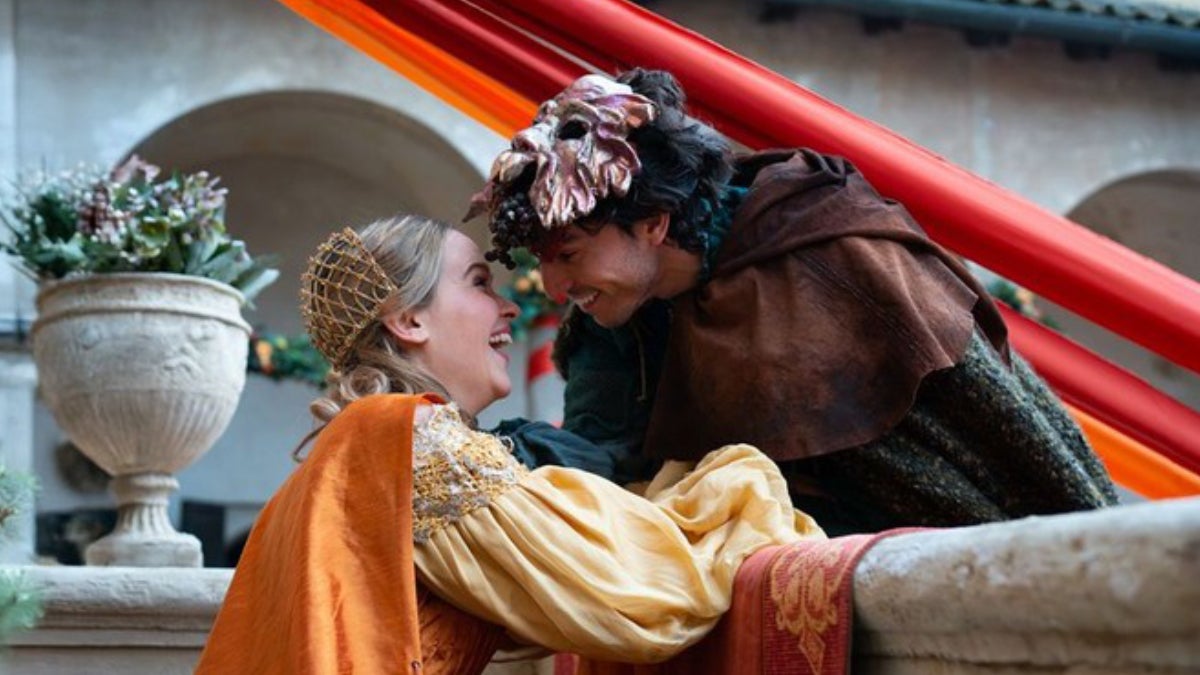
Let’s get something straight: Making William Shakespeare’s plays “cool” is kind of the opposite of cool. The only thing older than trying to make Shakespeare’s plays “hip” is Shakespeare’s actual plays, which were plenty hip to begin with. Hollywood has been trying to hip up those bad boys for a hundred years. You’ll find John Gilbert and Norma Shearer making fun of studio execs trying to fix The Bard way back in “The Hollywood Revue of 1929,” as they squawked wacky lines like “Julie baby, I’m ga-ga about you” and “You’re just about the cookies for me, boyfriend.”
Generally speaking it’s the updated versions of “Romeo & Juliet” that age badly, but these versions can still have value. “West Side Story” remains the best side story. Baz Luhrmann’s “Romeo + Juliet” is the ninetiesest nineties movie that ever tied nines in the nineteen-nineties — so much so that it was already a relic the week it debuted — but like “West Side Story” it was made with razzle-dazzle and pizzazz.
These hip, young, modern reinterpretations captured the overwrought, adolescent pageantry of the most adolescent and overwrought pageant ever written. Sure, they’re time capsules, but the point of a time capsule is to crack it open once in a while and marvel at how times change.
Timothy Scott Bogart’s “Juliet & Romeo” is barely worth cracking open right now. It’s a pop music reimagine-actment of Shakespeare’s best-known play, which replaces all the original, beautiful, funny, thoughtful, endlessly quotable dialogue with lines like “Be cool!” followed by “This is cool!” The haunting “Queen Mab” speech is out. Well-intentioned, swelling but indistinct pop ballads whose lyrics and performances make little impression are, unfortunately, in.
Bogart’s film takes place in Verona. It’s not a great-looking Verona, nor is it a terrible-looking Verona. It’s merely a fair Verona where we lay our scene. Romeo, played by Jamie Ward, is a Montague. Juliet is a Capulet, and she’s played by Clara Rugaard (who also played Juliet in the excellent yet short-lived TV drama “Still Starcross’d”). You see, these two families hate each other, so Romeo and Juliet should fall in love. But they do! They do fall in love! Then bad things happen. If that seems like an unremarkable summary of “Romeo & Juliet,” let this be the lesson: Dink with The Bard at your own peril.
The story unfolds not unlike how it does in the play. A few events happen out of order and a few characters get shuffled around, but we’re basically going through the old motions. At least that’s what we’re doing until the finale, which I won’t spoil. The new ending already spoils the movie plenty, all on its own. It turns out that according to “Juliet & Romeo” the only things holding back this tale for the last few hundred years was the dialogue, and the plot, and William Shakespeare’s whole point.
That’s not to say, going back a paragraph, that you can’t dink with Shakespeare and get away with it. But it’s extremely important to have a good reason. That reason can be as simple as taking the piss out of one of the most respected dramatic institutions in history (see: Karen Maine’s whimsical “Rosaline”) or to prove that the story still retains its power when there’s a penis monster involved (see: Lloyd Kaufman’s trashterpiece, “Tromeo & Juliet”). It’s upsetting to report that by the end of “Juliet & Romeo” no such motive has revealed itself, other than the vague promise of more idle revisionism in the future.
When “Juliet & Romeo” works… it’s pretty surprising. But anyway, it’s almost always because Clara Rugaard is acting rings around the rest of the cast. When you’re sharing the screen with Derek Jacobi in a Shakespeare adaptation and you make Derek Jacobi look lost by comparison, you’re doing something right. Jacobi plays the Friar, Jason Isaacs plays Lord Montague, Rupert Everett plays Lord Capulet, and Rebel Wilson plays his wife, which you’d think might mean Lady Capulet gets more than usual to do in this movie, or at least one hell of a solo. You’d be wrong to think those things, but anyway, she’s in this too.
I’m not angry at “Juliet & Romeo.” It seems like an earnest attempt to tell an old story in a slightly new way. The problem is it’s an ill-advised attempt. Maybe I’m overthinking it, but to quote Shakespeare, “Teach me how to forget to think.” I can’t help but think, no one can, and I can’t help but think rather poorly of this re-telling. Never was a film I’m more likely to forget, than this of Romeo and his Juliet.
The post ‘Juliet & Romeo’ Review: Tryhard Attempt to Make Shakespeare ‘Cool’ Achieves the Opposite appeared first on TheWrap.

























































